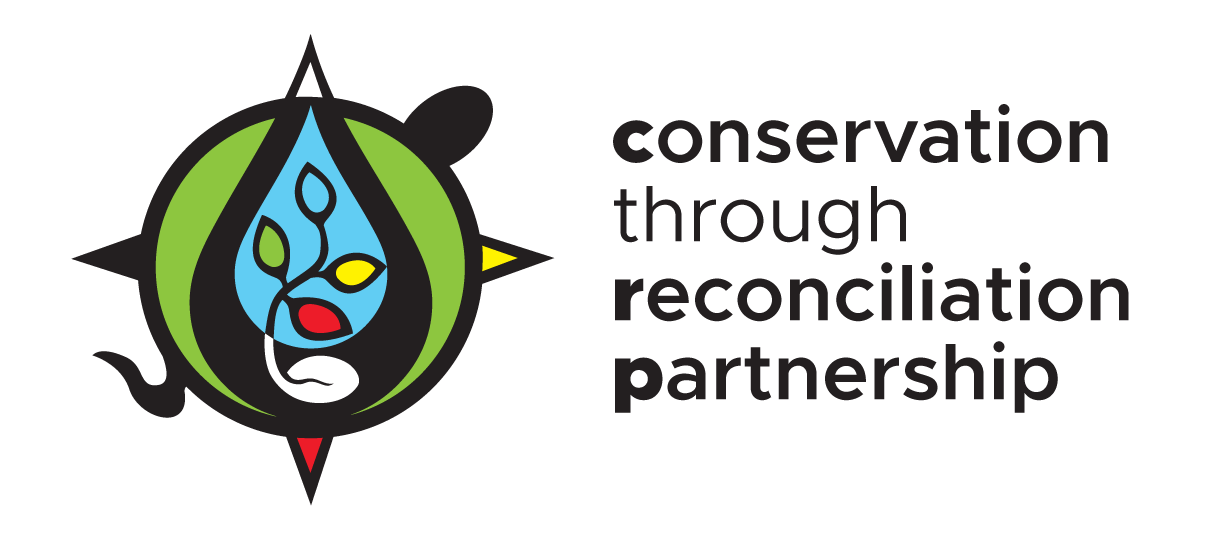National Day for Truth and Reconciliation 2022: More Than One Day
by Kristy Tomkinson
October 6, 2022
September 30th, 2022 was the second National Day for Truth and Reconciliation. We collectively reflected on how we’ve gotten to where we are today and what true reconciliation requires in order to walk on a new path forward together.
Reconciliation doesn’t happen in one day, nor is it a one-way street. It requires an ongoing commitment to build and maintain respectful and reciprocal relationships.
We’ve collected several resources from our partners and beyond to support this ongoing work of reflection, learning, healing, and building relationships. See below:
Canada’s Indian Residential School Survivors and Family Crisis Line is available 24 hours a day at
1-866-925-4419
Toronto Star: What does reconciliation actually mean? We asked 8 young Indigenous leaders
From calls to action to sovereignty and self-determination, young Indigenous leaders weigh in as we mark the National Day for Truth and Reconciliation
Indigenous Leadership Initiative: Video: Val Courtois Reflecting on Healing through Reconnecting with the Land.
Val reflects on how Guardians may, in fact, be doing more to heal to effects of colonialism than any other program that has been created to address the damage done.
Watch here: https://twitter.com/ILInationhood/status/1575881678156795905
Nature Conservancy of Canada Blog. “Recognition and Reconciliation: The pathway forward is Indigenous-led conservation”, by Raechel Wastesicoot
This blog reflects on the damage done by colonial approaches to conservation, and how increased recognition of Indigenous rights, responsibilities, leadership, and knowledge is gradually shifting the conservation sector. It looks to IPCAs as a mechanism for reconciliation.
TVO. “How Orange Shirt Day came to be — and what it means”.
This article shares the story of Phyllis Webstad and the impetus behind Orange Shirt Day. “When you wear an orange shirt, it’s like a little bit of justice for us survivors in our lifetime — and recognition of a system we can never allow again,” she says.
Read more: https://www.tvo.org/article/how-orange-shirt-day-came-to-be-and-what-it-means
Yellowstone to Yukon Conservation Initiative. “Building a bright future through Indigenous-led conservation.”
This blog highlights stories of Indigenous-led conservation in B.C. connected to the Yellowstone to Yukon region.
Read more: https://y2y.net/blog/building-a-bright-future-through-indigenous-led-conservation/
The Narwhal. “‘It took a long time to get here, it’s going to take a long time to heal’”.
A letter to Narwhal leaders upon reflecting on National Day for Truth and Reconciliation. “These stories about Indigenous-led conservation uphold joy and perseverance, and it brings me great joy and hope to help share them. At the centre of these stories is dedication to not give up, and to not forget — to remember all we have lost, all we have saved and all we are working towards.”
Read more: https://thenarwhal.ca/newsletter-truth-reconciliation-conservation/
Cinéfest: Tissue, ecology and a love story about a forest.
What started as a documentary on the environmental affects of producing toilet paper, soon became a story about a larger systemic issue of colonialism and the disconnect between humans, nature, and future generations.
Read more: https://www.sudbury.com/local-news/cinefest-tissue-ecology-and-a-love-story-about-a-forest-5831495
Additional Resources from Environment and Climate Change Canada:
Fisher River Cree Nation story
In 2012, the Fisher River Cree Nation incorporated traditional knowledge into the school curriculum, giving students the opportunity to get out on the land and gain a greater appreciation for their culture and the wilderness around them. Gerry Mason was a teacher at Fisher River High School for 35 years, and in 2007, he left the classroom to take his students outside. It was the start of a new high school credit, called Knowledge of our Ancestors, or —as the students like to call it —Outdoor Education. Read more about Gerry’s legacy here: http://ow.ly/2lNy50KUQG9
Indigenous Guardians
Guardians initiatives support #Indigenous rights and responsibilities in protecting and conserving ecosystems, developing and maintaining sustainable economies, and continuing the profound connections between natural landscapes and Indigenous cultures. #IndigenousGuardians is an example of reconciliation in action. https://www.canada.ca/.../envir.../indigenous-guardians.html
Indigenous Film Festival re-play
ECCC is hosting a re-play of an #Indigenous film festival! A series of short films showcasing #nature conservation initiatives across Canada.
Please enjoy the show! http://ow.ly/yWbH50KUv9a

